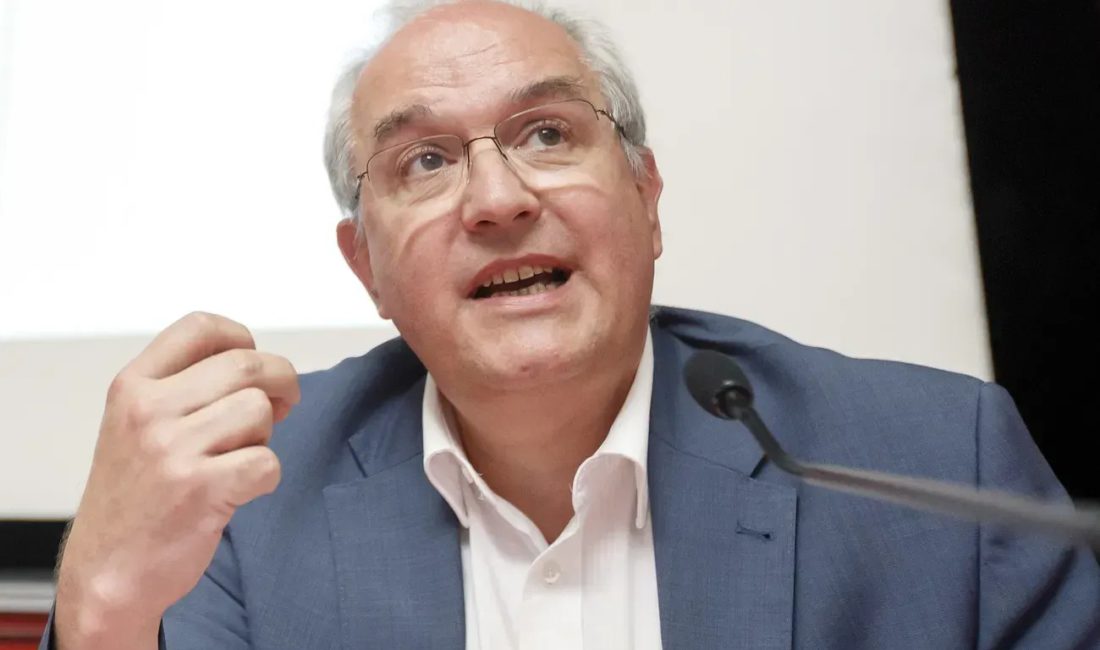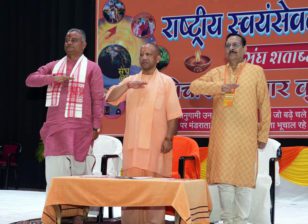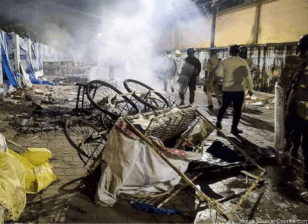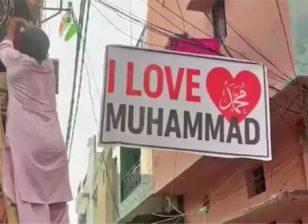UN Official Slams India’s Failure to Protect Muslims After Terror Attack, Cites “Incendiary Narratives at Highest Level”
WASHINGTON, DC | June 11, 2025 — India “very obviously” failed to live up to its international obligations to protect Muslims from a wave of hate crimes following the April 22 terror attack in Pahalgam, Kashmir, United Nations Special Rapporteur on Minority Issues, Prof. Nicolas Levrat, said at a Congressional Briefing today.
“There is a concrete duty which bears upon India as a signatory state, as a party to this Convention, to make sure that no coercion happens against the exercise of freedom of religion,” Levrat said at the Briefing, referring to Article 18 of the International Covenant on Civil and Political Rights (ICCPR), which India has ratified. “As far as we can see, there are incendiary narratives being brought up by the authorities even at the highest level. This is very problematic.”
The Briefing, titled “Increased Attacks on Muslims After Pahalgam,” was organized by a coalition of 18 global rights-based organizations. According to the Association for Protection of Civil Rights (APCR), a prominent Indian legal aid group, 184 anti-Muslim hate incidents occurred across 19 Indian states within six days of the terror attack in Kashmir. These included murders, arson, and physical assaults.
“There is a concrete duty which bears upon India as a signatory state, as a party to this Convention, to make sure that no coercion happens,” Levrat said, joining the Briefing from his base in Geneva. “And again, very obviously the State is not properly protecting Muslims in India. And as far as we can see, there are incendiary narratives being brought up by the authorities even at the highest level. And this is very problematic.”
He continued: “It seems obvious in this specific situation that India is not living up to its international commitment.”
Levrat also emphasized that while international mechanisms such as the UN Human Rights Council offer monitoring and accountability, the primary responsibility for protecting religious minorities lies with India’s national institutions.
“The main protection should come from the national legal system which should implement these principles which are to be found in international treaties to which India, as many other countries, is committed,” he said. “Naturally the law should protect the individual…. The authorities have to be held accountable, but first and foremost in front of national jurisdiction, where victims or family of victims can bring their claim.”
Levrat noted efforts to engage with India’s diplomatic mission in Geneva had proven unproductive. “India is a very difficult country to work with,” he said. “Diplomatic channels exist, but they are not producing meaningful outcomes. It’s not working, I’m sorry to say.”
Prashant Bhushan, Senior Advocate at the Supreme Court of India, accused Prime Minister Narendra Modi’s Hindu nationalist government and his Bharatiya Janata Party (BJP) of weaponizing the Pahalgam terror attack to stoke anti-Muslim sentiment ahead of domestic elections.
“The BJP has been using the Hindu-Muslim issue in India, as well as the India-Pakistan issue, for their domestic politics to try and polarize public opinion in India on Hindu Muslim lines,” Bhushan said. “Almost all the instances of hate crimes in India are in BJP-ruled states.”
Bhushan said India’s government made “no serious attempt” to identify the terrorists. “There was no attempt to explain the security failure or the intelligence failure which led to the attacks. But immediately the focus was shifted to bashing Pakistan and bashing Indian Muslims.”
Suchitra Vijayan, Executive Director of The Polis Project, and Chair, International Human Rights Committee of the New York City Bar Association, said India’s anti-Muslims violence was not spontaneous but orchestrated. “It’s a system that is coordinated, it is state-tolerated and enabled,” she said. “We are seeing laboratories of violence perfected and created in various places across the country.”
Elected officials and religious leaders were “openly calling for the arming of Hindus, expelling, targeting Muslims, and often this very proud rhetorical demand to replicate what Israel is doing in Palestine, to be replicated not only in Kashmir, but against Indian Muslims,” she added.
Apoorvanand, a noted academic and columnist in India, warned that Indian Muslims were not just attacked but also silenced: “They [Muslims] don’t have a right to express their opinion. It leads to a chilling effect, affecting especially Muslim scholars and Muslim young men and women.” He cited the arrest of Ali Khan Mahmudabad, a Muslim academic, last month who was jailed for criticizing India’s war rhetoric. “This sets a dangerous precedent,” Apoorvanand said. “Muslims speaking or thinking Muslims become a very dangerous thing in present-day India.”
The Congressional briefing brought together human rights experts, legal scholars, and policymakers to spotlight the escalating repression of Muslims in India and the urgent need for international attention and accountability.
The event was co-sponsored by: Indian American Muslim Council, Genocide Watch, World Without Genocide, Hindus for Human Rights, New York State Council of Churches, The Polis Project, The Religious Nationalisms Project, Muslim Public Affairs Council, American Muslim Institution, The London Story, Association of Indian Muslims of America, India Labour Solidarity, South Asian Diaspora Action Collective (Canada), CAIR, 12 Ummah, NRI Affairs, The Humanism Project, and Center for Pluralism.
Media Contact:
Safa Ahmed
Indian American Muslim Council (IAMC)
📧media.info@iamc.com




